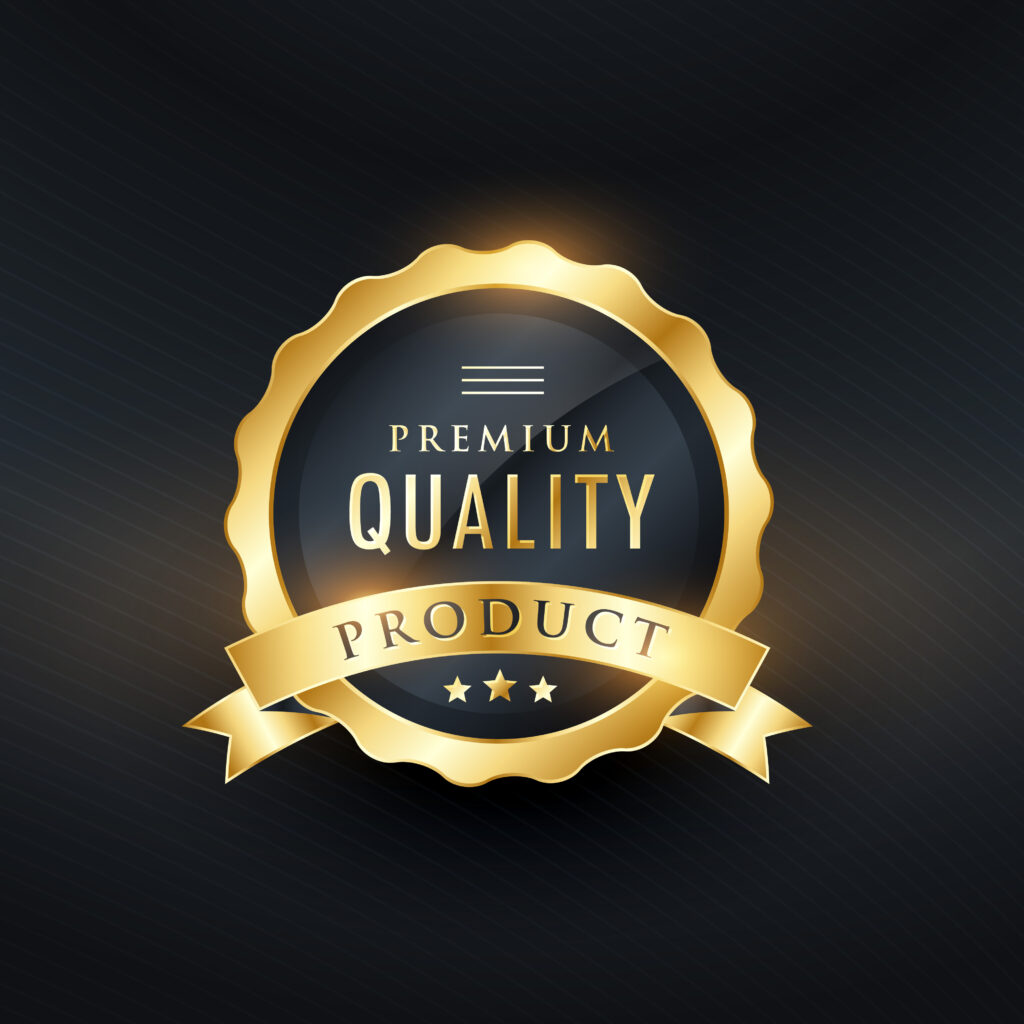TQM: A Comprehensive Approach to Quality Management and Customer Satisfaction

TQM, or Total Quality Management, is a strategy aimed at achieving customer satisfaction through continuous process and product improvement across an entire organization. This article explores the fundamental principles of TQM, its impact on organizational success, and the avenues available for TQM certification and training.
Understanding TQM
TQM, or Total Quality Management, is a way of running a business that focuses on improving customer satisfaction all the time, across the whole company. The goal of TQM is to make customers satisfied so that they keep coming back. TQM does this by getting feedback from employees and customers about how to make products and services better.
TQM can help companies improve their market position, be more productive, make customers more loyal and satisfied, boost employee morale, and make processes more efficient.
Unlike many other quality management strategies that concentrate on specific departments, TQM encompasses every department in the continuous enhancement of an organization’s products and services. According to the TQM philosophy, improvements in every department translate into the ability to deliver higher-quality products and services to customers. TQM fosters a company-wide focus on quality improvement, uniting everyone with the shared goal of enhancing customer loyalty and satisfaction.
Key TQM Principles
TQM operates on eight core principles, as outlined by the American Society for Quality (ASQ):
- Customer-focused: The customer ultimately determines the level of quality. No matter what an organization does to foster quality improvement—training employees, integrating quality into the design process, or upgrading computers or software—the customer determines whether the efforts were worthwhile.
- Total employee involvement: All employees participate in working toward common goals. Total employee commitment can only be obtained after fear has been driven from the workplace, when empowerment has occurred, and when management has provided the proper environment. High-performance work systems integrate continuous improvement efforts with normal business operations. Self-managed work teams are one form of empowerment.
- Process-centered: A fundamental part of TQM is a focus on process thinking. A process is a series of steps that take inputs from suppliers (internal or external) and transforms them into outputs that are delivered to customers (internal or external). The steps required to carry out the process are defined, and performance measures are continuously monitored in order to detect unexpected variation.
- An integrated business system may be modeled after the Baldrige Award criteria and/or incorporate the ISO 9000 standards. Every organization has a unique work culture, and it is virtually impossible to achieve excellence in its products and services unless a good quality culture has been fostered. Thus, an integrated system connects business improvement elements in an attempt to continually improve and exceed the expectations of customers, employees, and other stakeholders.
- Strategic and systematic approach: A critical part of the management of quality is the strategic and systematic approach to achieving an organization’s vision, mission, and goals. This process, called strategic planning or strategic management, includes the formulation of a strategic plan that integrates quality as a core component.
- Continual improvement: A large aspect of TQM is continual process improvement. Continual improvement drives an organization to be both analytical and creative in finding ways to become more competitive and more effective at meeting stakeholder expectations.
- Fact-based decision making: In order to know how well an organization is performing, data on performance measures are necessary. TQM requires that an organization continually collect and analyze data in order to improve decision making accuracy, achieve consensus, and allow prediction based on past history.
- Communications: During times of organizational change, as well as part of day-to-day operation, effective communications plays a large part in maintaining morale and in motivating employees at all levels. Communications involve strategies, method, and timeliness.
The TQM Model
TQM follows four main phases, known as the PDCA Cycle (Plan, Do, Check, Act):
-
- Planning: Identify the root causes of problems and quality issues within the organization.
- Doing: Develop strategies to address identified problems.
- Checking: Evaluate the effectiveness of implemented strategies by comparing before-and-after data.
- Acting: Document results and prepare to address additional organizational issues.
Tips for TQM Success
Dr. Deming, a prominent figure in TQM development, outlined 14 key points for successful TQM implementation:
-
- Establish constancy to improve products and services.
- Embrace a new philosophy.
- Reduce reliance on inspection for quality.
- Build strong relationships with single suppliers.
- Foster continuous improvement in planning, production, and service processes.
- Implement regular on-the-job training.
- Promote strong leadership.
- Eliminate fear within the organization.
- Break down barriers between staff.
- Avoid slogans, exhortations, and targets.
- Abandon quotas and numerical goals.
- Eliminate annual reviews and encourage employee pride in their work.
- Encourage continuous education and self-improvement.
- Align the entire organization with the transformation.
TQM Certification and Training
Several certifications and courses are available to enhance TQM knowledge and expertise:
- MSI Total Quality Management Professional (TQMP): Covers TQM fundamentals.
- ASQ Quality 101: Provides a comprehensive TQM course.
- IBQMI TQM Practitioner: Offers certification, focusing on leading TQM programs.
- Udemy Total Quality Management (TQM) Certification
- Koenig Solutions Total Quality Management Certification Training Course
TQM Skills and Salaries
Professionals with TQM skills can expect competitive salaries. According to PayScale, individuals reporting TQM skills earn an average annual salary of $90,000. The impact of TQM skills on specific job titles includes:
-
- Quality Control Manager: $75,076
- Quality Manager: $82,976
- Quality Assurance Manager: $80,282
- Quality Management Director: $114,095
- Quality Assurance Director: $124,087
- Vice President of Quality: $152,114
Total Quality Management is a powerful strategy that transcends departmental boundaries to ensure customer satisfaction and organizational success. By adhering to TQM principles and pursuing certification and training, professionals can contribute to their organization’s continuous improvement and enhance their career prospects. TQM skills are highly valued in industries where customer satisfaction is a top priority.
Elevate Your Organization’s Success with Getacon!
Is your organization ready to achieve new heights of success through Total Quality Management (TQM)? Getacon is your partner in this journey of excellence!
Connect with top-tier freelance TQM consultants who can drive your organization’s growth and customer satisfaction.
Contact us today!



